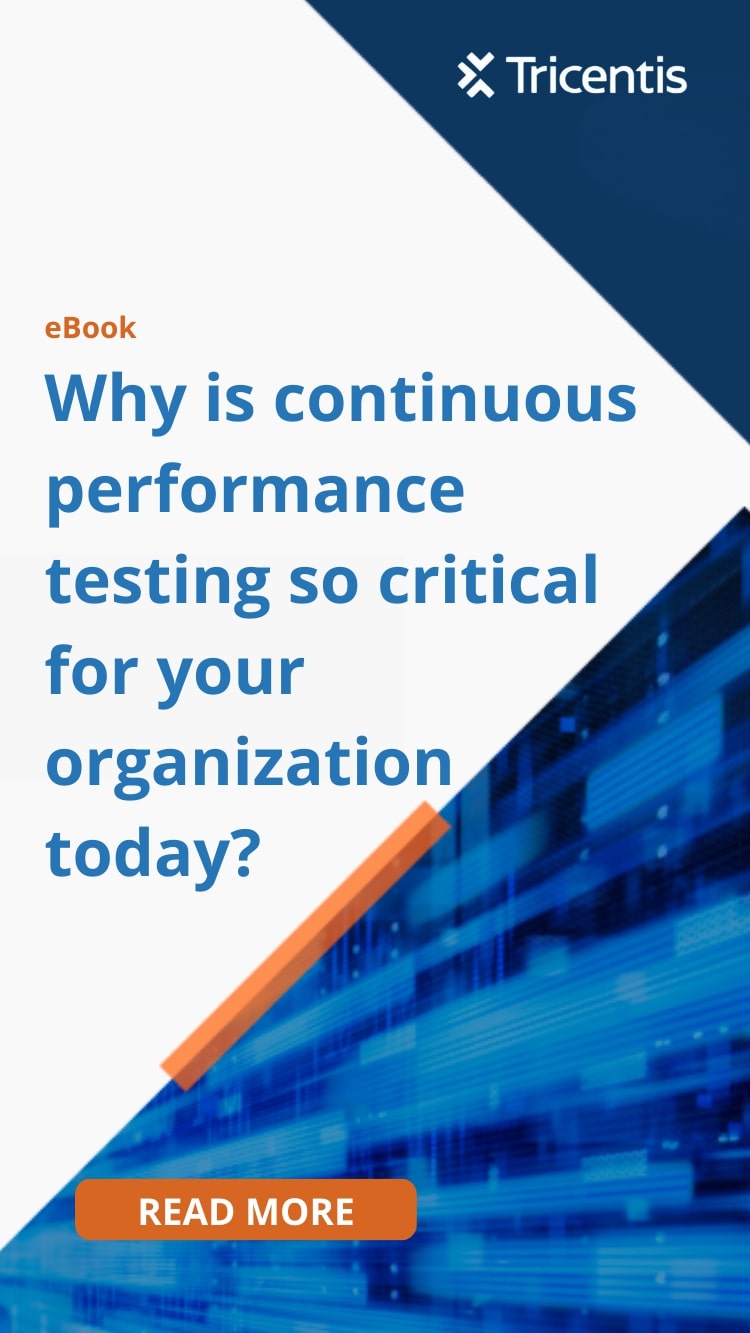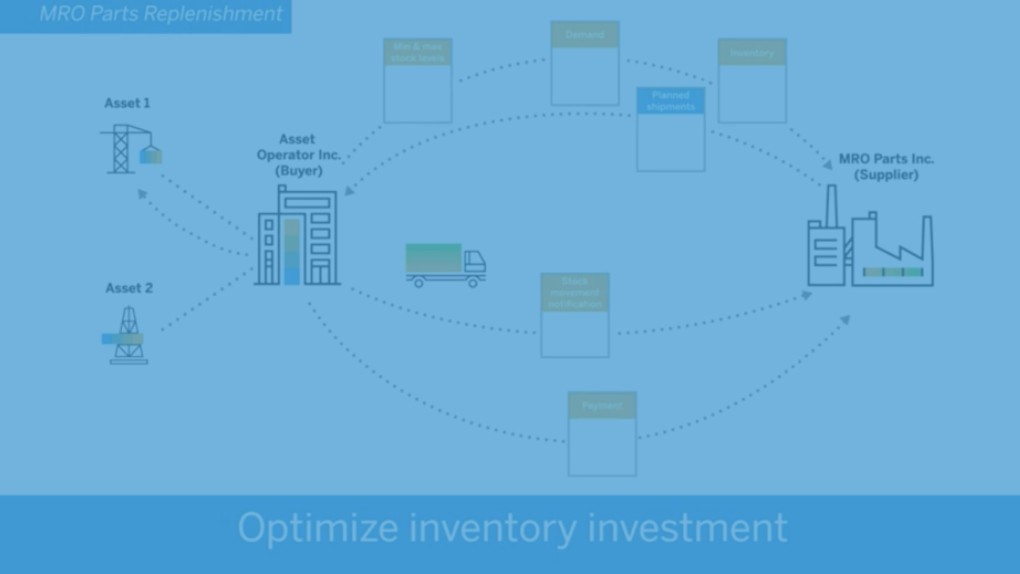The efficacy of any business in today’s digital age depends on how well they collect and process data to make informed decisions. But most enterprises cannot cope with increasing data volumes. They do not have the workforce or the tools to leverage the potential of big data. Data-as-a-Service (DaaS) offers a solution to such harried businesses.
DaaS is data streams accessible on demand. DaaS platforms crawl through big data and pull relevant data for analytics in real-time. Robust DaaS platforms enable access to relevant internal and external data. It also democratise analytics, and empowers business users.
Here are the ways DaaS adds value to the enterprise.
1. Overcome data silos
The biggest impediment to seamless data analytics is silos. Silos lead to isolated data sources that lack context. It comes in the way of a holistic analysis of internal data and impedes informed decision-making.
Decision makers do not have the complete picture to capture trends or make effective decisions.
There are several reasons silos exist in even the best-run enterprises:
- Most enterprises grow organically and end up with disparate and disjointed databases.
- Excessive bureaucracy and overworked IT prompt functional teams to set up resources on their own, leading to shadow IT.
- Office politics, power equations or a culture of secrecy prevent open sharing of information. At times, poor communication infrastructure delivers the same results.
- Often, enterprises create data silos by choice to ring-fence sensitive information. But such silos are also as harmful as the data silos that grow the organic way.
DaaS models offer centralised, cloud-based databases that remove the constraints posed by silos. Decision makers access accurate, real-time data streams using smartphone apps or web browsers. They get to make high-quality data-based decisions fast.
Consider the Precision Medicine Platform, a recent initiative of the American Heart Association. The new cloud-based curated data sets enable researchers and clinicians to access and analyse data quickly. They gain access to thousands of cases, improving their knowledge. Treatment outcomes improve, and innovation flourish.
State-of-the-art tools such as the Tanium platform offer complete understanding of data assets. It enables a single truth source. A slew of top-grade functionality, including the ability to index and monitor sensitive data in seconds, overcome the limitations posed by silos. Tanium further enables end-to-end automation, from discovery to management.
2. Enabling broad-based market intelligence
Big data, in its raw form, rarely makes sense. Its value stems from deriving trends and insights. First-generation analytics tools struggle to cope with the surging volume and complexity of data. Also, accessing these onsite analytics engines is hard for the ever-increasing tribe of remote workers.
DaaS improves the quality of insights and enables anywhere access. Consider customer insights, one of the focal areas of big data analytics. Data that reveals customer insights lie scattered in several sources, such as:
- Internal sales data, including invoices and support calls.
- Clickstream analysis of eCommerce websites.
- Data from computer cookies.
- Trends from e-commerce sites and retail applications
- Shipping and weather information
- Social media data and surveys.
- Third-party data, such as financial transactions and credit reports.
DaaS data marketplaces offer access to such diverse and broad data sources. These systems collate and analyse related data effortlessly and give enterprise users a deeper and more comprehensive understanding of the market dynamics.
Tools such as Tanium ensure robust and secure DaaS-based data analytics. Tanium’s linear chain architecture covers the entire distributed endpoint environment and offers complete visibility. Users may ask hundreds of thousands of machines a simple question and receive a straightforward answer in minutes.

3. Promoting business agility
Businesses operating in today’s uncertain and hyper-competitive world face a challenge of agility. A host of incidents over the last couple of years, from the COVID-19 pandemic to a ship stuck in the Suez Canal, has exposed the fragility of supply chains. Success depends on shifting resources quickly and refocusing on newer issues as the business environment changes. Such agility depends on access to real-time market intelligence and flexible information feeds that allow fast, data-driven decisions.
DaaS providers set up cloud-based databases and configure data streams tailored to client needs. Enterprises that subscribe to DaaS services hit the ground running. Still better, they can easily change their data models depending on market shifts.
Configuring DaaS feeds is easy. Recipients get the needed information at specific times with no bottlenecks slowing delivery. They may change the business logic on filtering and normalising after delivery, making the model flexible.
The best DaaS marketplaces enable real-time, actionable intelligence to cope with emerging situations. Enterprises cutting across sizes get real-time customer intelligence. They use the insights to make informed decisions on seasonal staffing, product development, and more. For instance, businesses leverage smart recommendations enabled by DaaS. Consider a restaurant using DaaS. The DaaS insights recommend dishes after evaluating raw material stock levels, high-profit items, social media trends, and other relevant factors.
DaaS systems allow:
- Reusability of data. Enterprise data seekers may read reviews and find the data sets they need.
- Self-service analytics. Enterprise teams may find the correct data quickly, without going through hoops or depending on the IT team for insights. The best DaaS platform offers simple UX that makes analytics easy even for the most novice users.
4. Simpler data administration
DaaS makes data analytics more accessible and faster. Providers collate and compile data into relevant streams for businesses to access on demand. Businesses get quality, secure, real-time data streams with little ado. They can focus their energies on decision-making and less on data administration.
DaaS systems:
- Unify different sources of data and standardise it without friction.
- Streamline access to data. Subscribers access customised streams without the hassles of data management.
- Enable real-time access to data to make transformations and integrations as needed. One of the common use cases for data is scheduling predictive maintenance based on sensor readings. The enterprise may use DaaS as the channel for receiving such data and scheduling predictive maintenance
The Tanium platform makes it easy to harvest data and simplify data management. Enterprise IT may break down information into modules. Business users get pre-prepared information sets. Enterprises get total control over their data assets without security gaps.
Information is power. But incomplete or incorrect information is deadly. Decisions based on out-of-date, incomplete, or erroneous data can have many unintended consequences. DaaS improves access to data and helps enterprises avoid such data risks. With DaaS, enterprises make better decisions, speed up, innovate, and delight customers.











